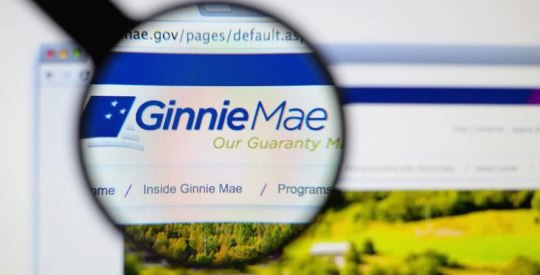In a wide-ranging interview with the Wall Street Journal on Thursday, former Fed chief Alan Greenspan suggested that housing’s bottom will depend on clearing a huge inventory overhang, and said that the plan to backstop Fannie Mae (FNM) and Freddie Mac (FRE) via new-found Treasury authority was “bad.” “U.S. home prices will stabilize only as the current huge 800,000 excess of vacant single-family homes for sale is dramatically reduced and prices deflate to the level consistent with the historical rate of return on owning a home that prevailed before the price surge in the U.S. and elsewhere,” he told the Journal, adding that he expected prices to bottom sometime in mid-2009. He hedged that bet, however, by also suggesting that prices “could continue to drift lower through 2009 and beyond.” A survey on the Wall Street Journal website shows that the majority of readers — nearly 60 percent — think the former Fed chief is wrong, and that home prices will not stabilize until later. (Thirty-two percent of readers thought Greenspan was correct, and 10 percent thought home prices will bottom sooner.) Driving inventory increases at the moment are clearly a glut of foreclosures and bank-owned real property, a trend that the former Fed chairman said he sees leveling off: “We seem to be approaching a peak in the number of new foreclosures, though the number in foreclosure will continue to rise for awhile.” Apparently, he’s not that concerned about option ARM recasts. (At HW, we are.) Fannie, Freddie and the baby bells Greenspan also disparaged recent legislation that gave the Treasury authority to purchase equity positions in both GSEs and expanded a line of credit to Fannie and Freddie, who have come under fire as the nation’s housing crisis has wound onward. “They should have wiped out the shareholders, nationalized the institutions with legislation that they are to be reconstituted with necessary taxpayer support to make them financially viable as five or 10 individual privately held units, and auctioned off,” he said. “The affordable housing programs should be put into GNMA; or another government agency. By the time we have the next mortgage crisis, the five or 10 individual companies would have diversified into other areas of finance, and maybe one or two of them would fail. But having been significantly downsized, systemic risk would be avoided.” It’s a plan that Greenspan recently floated on CNBC last week, and one that would would benefit large bond firms holding GSE debt, like PIMCO. (Greenspan, it should be noted, was hired in May 2007 as a consultant to the world’s largest bond fund manager, so he likely has a vested interest in such an outcome.) Greenspan, of course, argued that such nationalization would merely be a “bookkeeping” exercise. “The law that stipulates that GSEs are not backed by the full faith and credit of the U.S. government is disbelieved. The market believes the government guarantee is there,” he said. Tell that to those in equity positions. Disclosure: The author was long FRE when story was published; indirect holdings may exist via mutual fund investments. HW reporters and writers follow a strict disclosure policy, the first in the mortgage trade.
Greenspan: Housing Will Bottom in mid-2009
Most Popular Articles
Latest Articles
Ginnie Mae President Alanna McCargo to resign
Alanna McCargo announced her resignation from the top post at Ginnie Mae effective May 3



